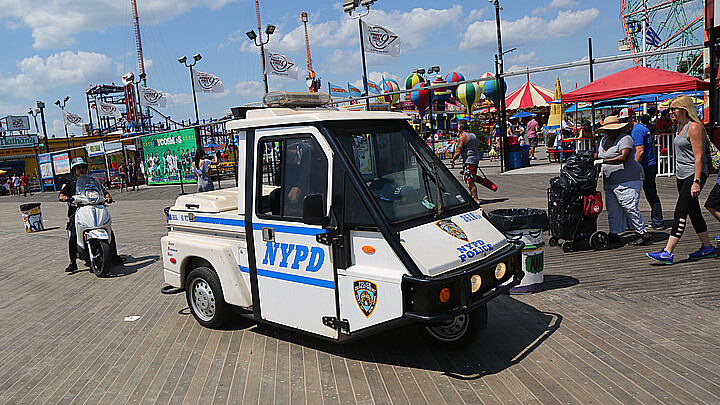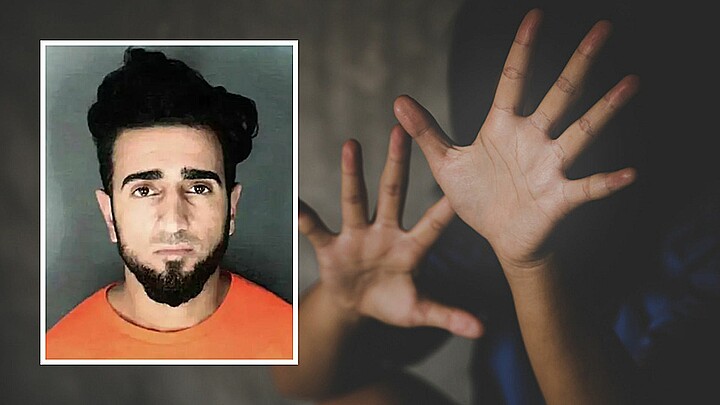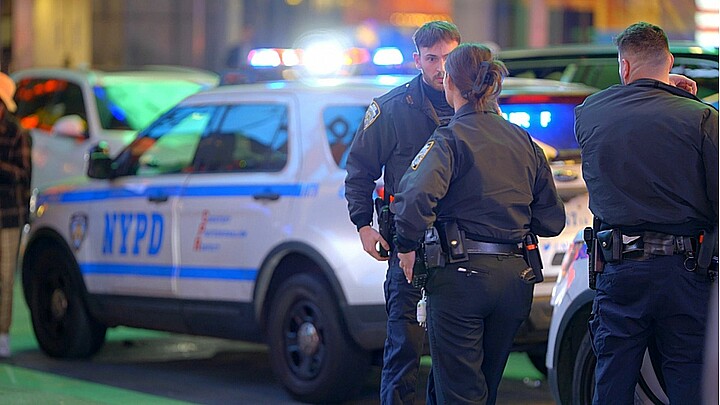Crime
Lockerbie terror suspect in Pam Am 103 downing brought to justice for U.S. prosecution
Abu Agila Mohammad Mas’ud Kheir Al-Marimi was detained for allegedly aiding and abetting in the bombmaking that was used to down Pan Am flight 103 over Lockerbie, Scotland in 1988
December 11, 2022 10:58am
Updated: December 11, 2022 12:16pm
A suspect in one of England’s most historic and tragic terrorist attacks was brought to justice in the United States and now remains in custody as of Sunday morning. He is expected to make a first appearance in the U.S. District Court for the District of Columbia this week.
Abu Agila Mohammad Mas’ud Kheir Al-Marimi was detained for allegedly aiding and abetting in the bombmaking that was used to down Pan Am flight 103 over Lockerbie, Scotland in 1988, government officials said.
The doomed Pan Am jet was flying from London to New York when it exploded mid-air, killing 270 people, 190 of which were Americans returning home to the states.
Mas’ud was brought to justice two years after prosecutors charged him in connection with the deadly attack. He was previously being held in prison by government authorities in Libya for bomb making. It currently remains unclear how U.S. officials negotiated the infamous bombmaker’s extradition.
Reports indicate that the U.S. is continuing to work with both British and Scottish prosecutors from the United Kingdom, tracking others who may have aided and abetted the mastermind of the terrorist act, Abdel Baset Al Megrahi.
Mas’ud, who reportedly worked directly for now deceased Libyan dictator Moammar Gadaffi, is facing two felony counts, including destruction of an aircraft resulting in death. While he is the third Libyan defendant charged in connection with the terrorist attack, he is the first to stand trial in the United States.
Previously, al-Megrahi, a former Libyan intelligence officer, was the only person ever convicted in the terror attack.
Megrahi was received a life sentence but was later released on compassionate grounds by the Scottish government in 2009 after he was diagnosed with cancer and complex multilateral negotiations took place.
He died in Libya in 2012 and maintained his innocence while trying to appeal his conviction.











